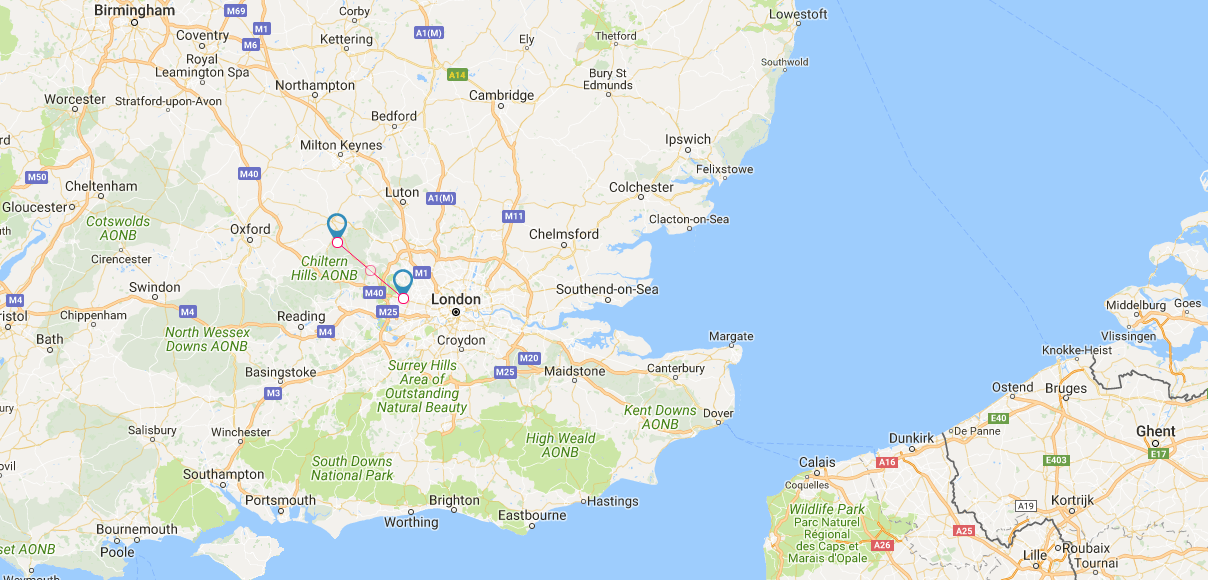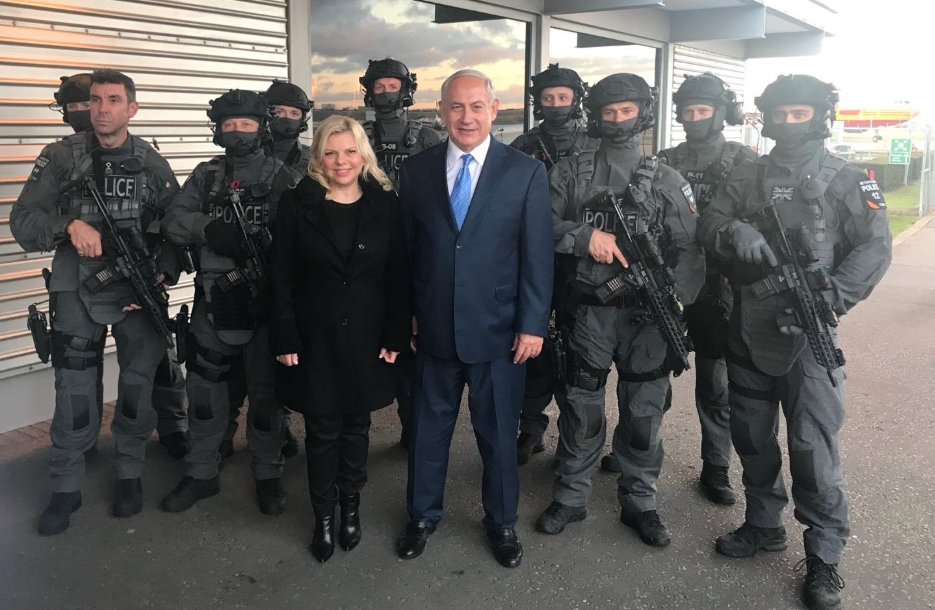President Trump’s July 13 visit to the U.K. will be defined by policy meetings, but also massive protests. After all, Trump is unpopular in Britain, and a range of far-left professional protest groups are organizing to disrupt his visit.
That means the U.K. and U.S. security services will face an unusual security challenge in ensuring that Trump can meet with Prime Minister Theresa May and Queen Elizabeth II without incident, then head home.
They will use a number of means to do so.
First, the British security services will ramp up their already significant intelligence coverage of protest leaders so as to mitigate the risk of surprises. The particular concerns here would be prospective interference with motorcade routes or efforts to infiltrate event sites. However, seeing as the U.S. Secret Service has a permanent liaison office at the U.S. Embassy in London, collaboration in security preparations is always exceptional.
That said, the physical act of securing Trump won’t be as easy.
With more than 100,000 people likely to protest the president’s visit, London’s Metropolitan Police will have to devote significant resources if it is to effectively secure Trump in the British capital. An alternative, as Michelle Kosinski reports, is that May might host Trump at her Camp David equivalent retreat, Chequers. Isolated away from major settlements, Chequers can be more easily secured against protester proximity and threats.
Moreover, as the map below shows, Chequers is also just 20 miles from a British air force base that hosts VIP flights; so Trump could fly in from Belgium (where he’ll be attending a NATO summit) on Air Force One and then quickly ride his Marine One helicopter out to the country retreat.

What of the president’s close-in personal security?
Well, as usual that will be handled by the Secret Service in concert with the Metropolitan Police’s protection command. But Britain will also deploy either military special forces or the Metropolitan Police’s counterterrorism CTSFO team (elite SWAT as with Netanyahu below) to protect Trump against an organized, armed attack.

Ultimately, anyone who attempts to challenge Trump’s security will find themselves in trouble.

